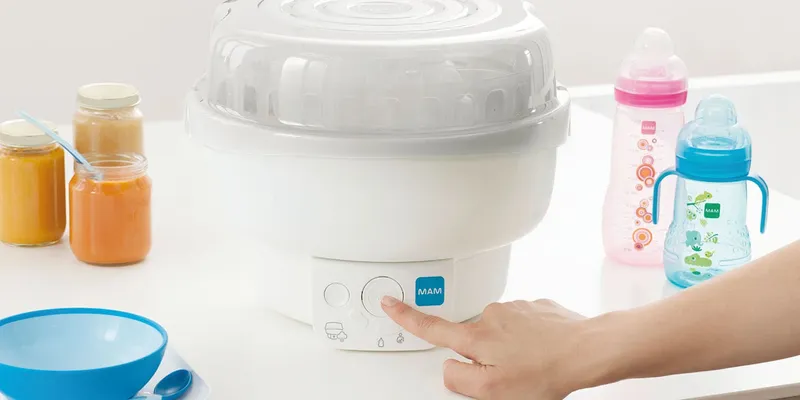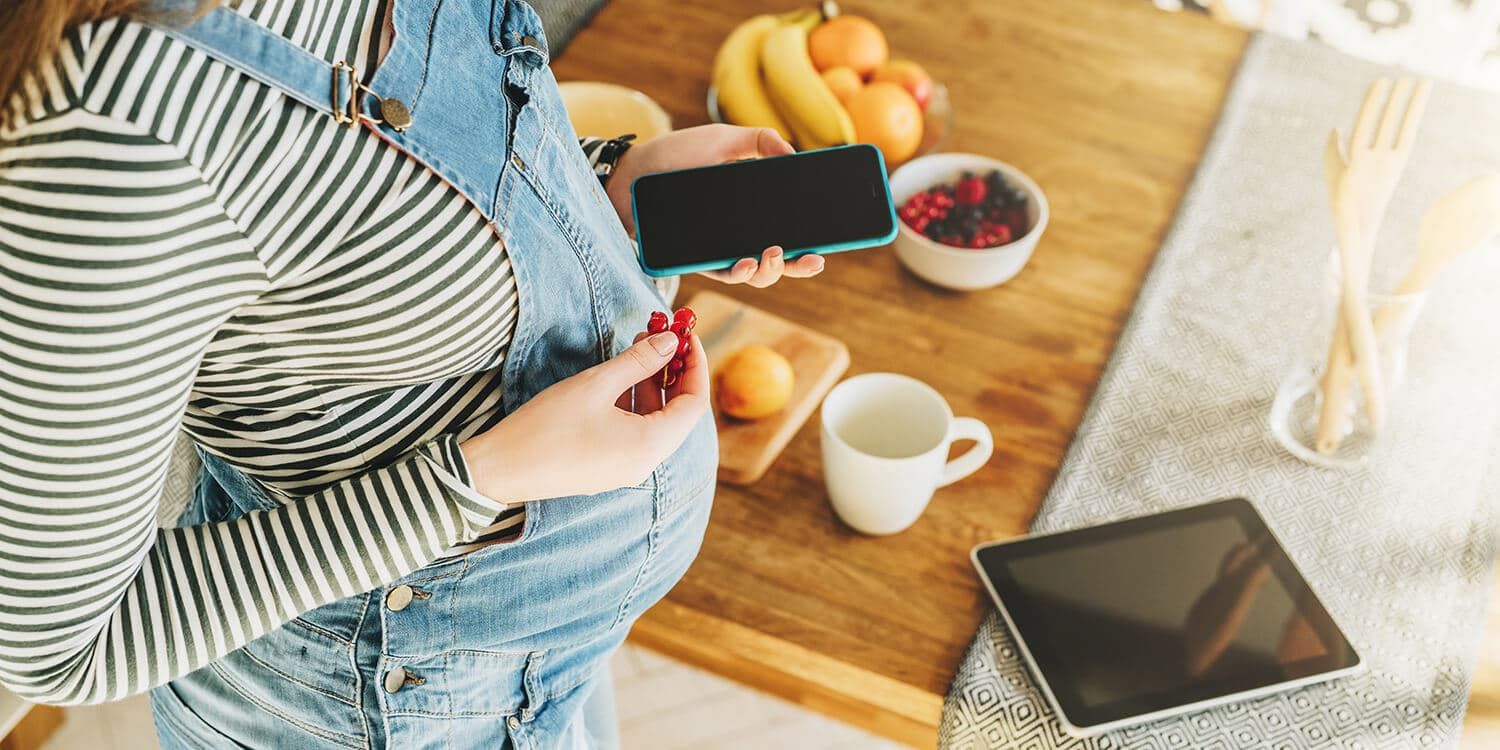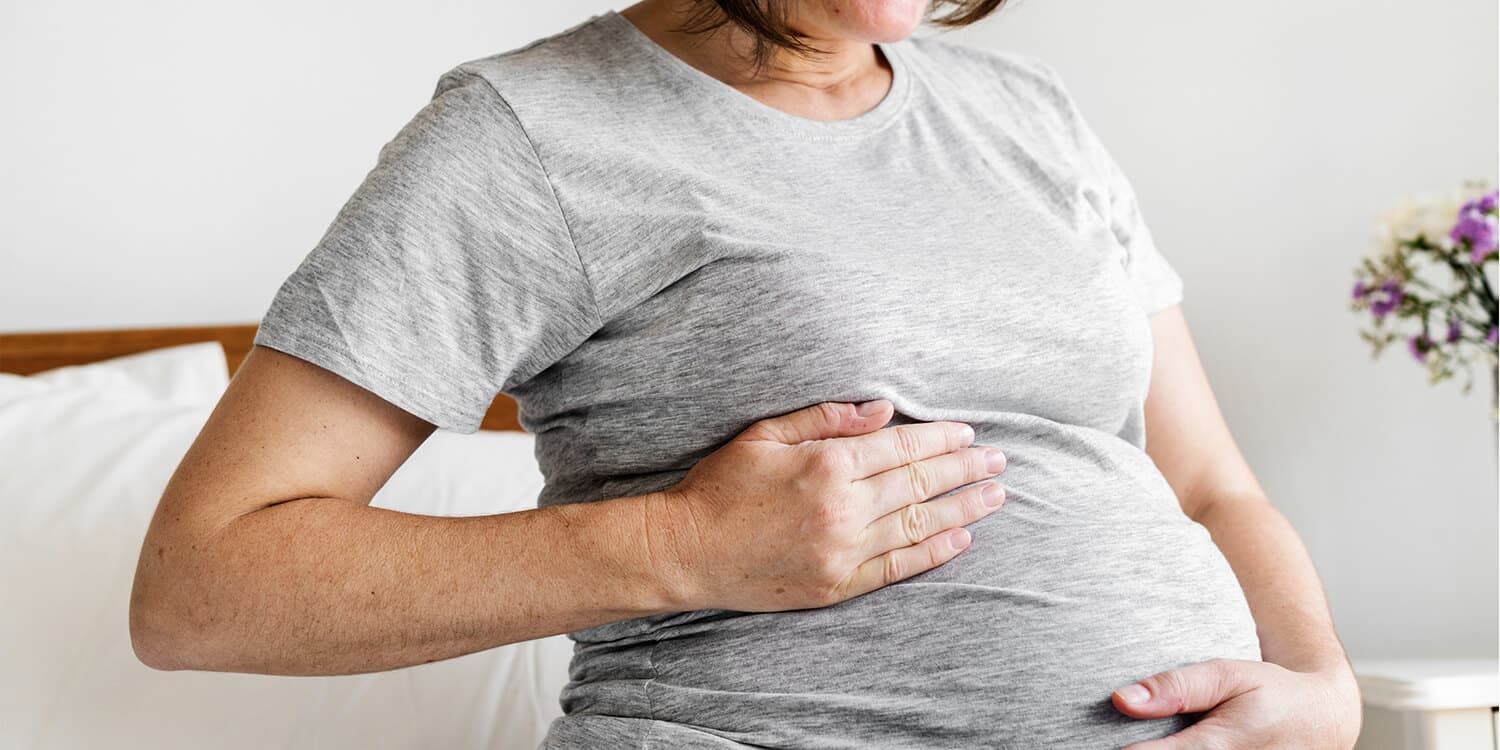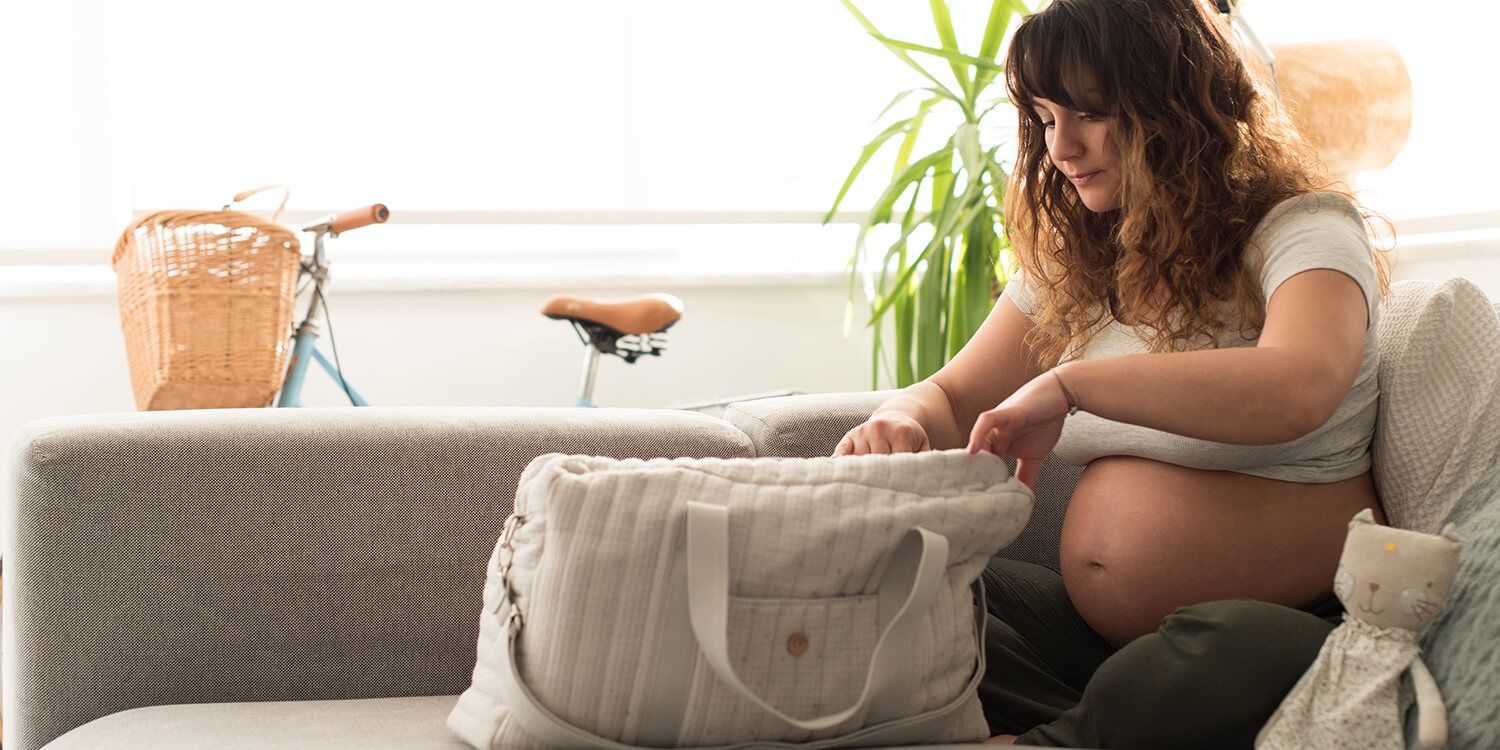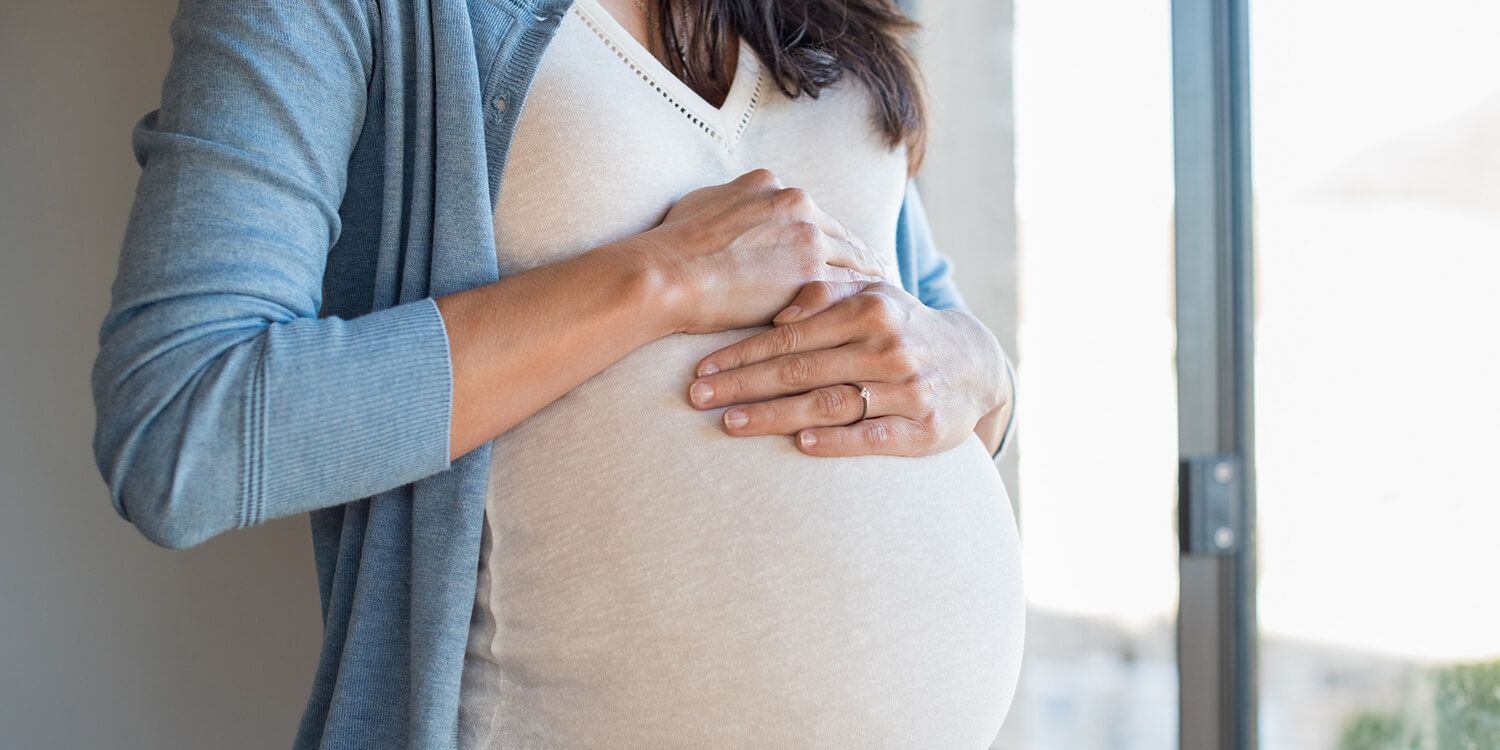Stomach space is becoming tighter – your little one is now likely to be curled up for most of the time in the classic "foetal position": the head is flexed forwards, with the chin resting on the chest and the knees bent. Read on to find out what you can see on your ultrasound scan when you are 30 weeks pregnant and how you can ensure you are eating the right food, particularly to satisfy your body's increased requirement for calcium.
What's Going On in Your Belly at 30 Weeks Pregnant?
The size of the foetus is around 38 cm (crown - heel) and it weighs approx. 1400 grams. The feet are around 6 cm long and the diameter of the head is around 8 cm.
The downy hair covering the body, known as lanugo, is now slowly disappearing. However, hair is now growing on the baby's head. Apart from that, your little one is continuing to gain weight and its bones are becoming stronger and stronger – one reason for the increased calcium requirement (more about that below).
Your baby is now roughly the size of a bunch of asparagus.
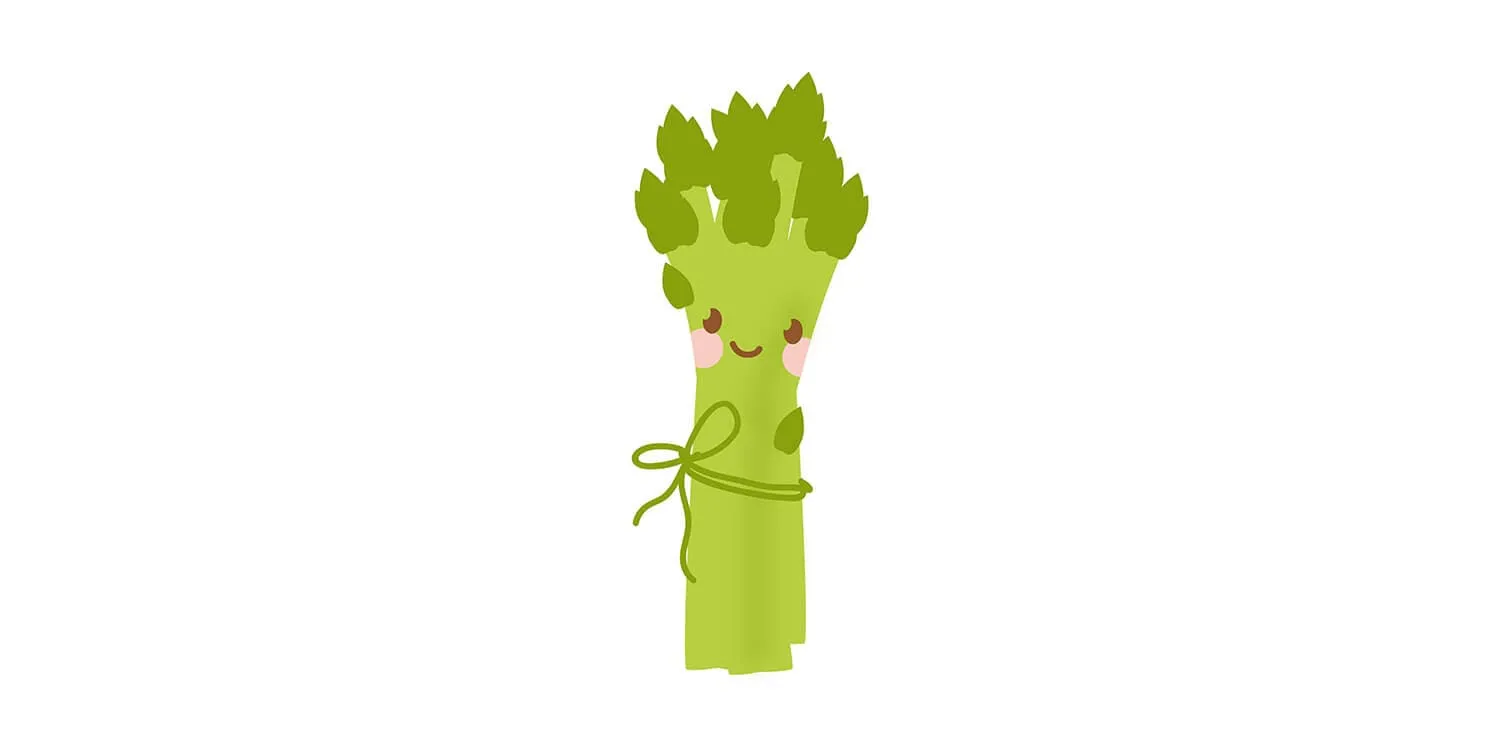
Many pregnant women will have an ultrasound in the next few weeks. This scan is used to check on the baby's organs as well as the placenta.
How do you feel at 30 weeks pregnant?
Braxton-Hicks contractions (practice contractions) are now a frequent occurrence – your uterine muscles are preparing for the birth. These contractions often come on after physical exertion, sex or if you are dehydrated. Rest whenever possible and drink a glass of water. If you have more than 4 contractions in an hour or, if they are becoming more regular and/or longer, speak to your midwife or doctor to be on the safe side. This will help you to rule out the possibility of premature labour, if that is something you are concerned about.
Sleeping becomes more and more difficult for many pregnant women, because your bump gets in the way, or because you have pain in your pelvis and/or lower back. Many women also suffer heartburn, breathlessness and water retention in the third trimester.
Your baby's bones are becoming stronger and stronger, which means that your calcium requirement is higher. You now need around 1200 mg/day. To make sure you get enough, you can incorporate various sources of calcium in the food you are eating throughout the day.
Good sources of calcium include:
- Spinach
- Broccoli
- Kale
- Whole-grain bread
- Yoghurt
- Cheese
- Milk
- Mineral water
- Soya milk
- Nuts
You can also opt for low-fat dairy products if you're trying to watch the calories or if you generally prefer to avoid food that is high in fat.
Average weight gain in the 30th week of pregnancy is around 400–450 grams per week. However, this figure can vary considerably depending on your weight at the start of your pregnancy, whether you are retaining any fluid and the size of your baby. If you have any doubts or concerns, speak to your midwife or doctor.
If you do not like or cannot tolerate dairy products, there are alternative varieties of calcium-enriched plant-based milks available, such as almond milk, soya milk or rice milk.
It is just as important to avoid foods that deplete your calcium levels as it is to consume food that increases them. These "calcium thieves" either inhibit the absorption of calcium or ensure that your body excretes any excess calcium. Phosphate is a real calcium thief, found particularly in highly processed food, such as fast-food, crisps, processed meats, ready meals or fizzy drinks, such as cola and lemonade. Black tea and wheat bran contain oxalic acid, which also inhibits the absorption of calcium. Common salt also encourages the excretion of calcium.
To end on a positive note for coffee lovers: this well-loved pick-me-up is no longer considered to be a calcium thief. However, you still shouldn't drink too much of it while you are pregnant (no more than three cups a day).


















